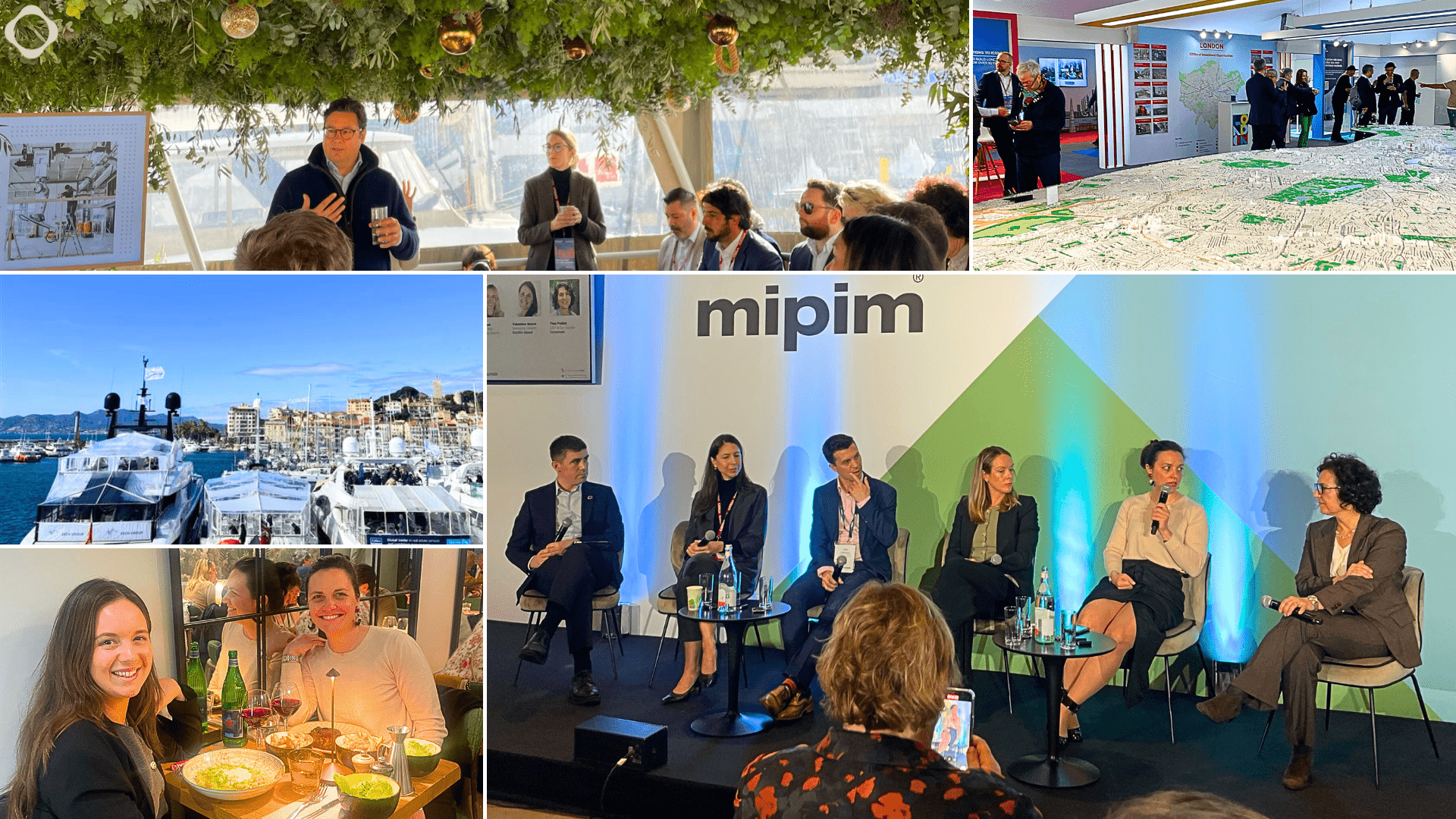
Thought
No End in Sight for Sustainability Demands – Highlights from EVORA’s Insights Conference
On 7th November 2024, EVORA welcomed a select group of clients to our second annual real estate ESG Insights conference. The objective of the conference, organised under Chatham House rules, was to discuss trends and challenges faced by the industry across wide-ranging topic issues and then to assess implications, possibilities, and potential solutions.
During this conference, we broke into groups for a series of workshops to consider a wide variety of sustainability issues, ranging from social value through to carbon risk. We had the pleasure of hearing from leading voices in the industry, and there was a resounding consensus among the participants; the industry has stopped treating sustainability as an optional extra, and everyone’s asking sharper questions. Which steps pay off, which stories hold water, and how can we turn confusion into something that works on the ground?
Headlines From The Conference
The increasingly complex demands of measuring, disclosing, and acting on sustainability matters show no sign of slowing down. In fact, in reading through our summary of the conference, one could easily be forgiven for wanting to stick your head in the sand and hope it will all go away.
But the impacts of changing weather patterns, legislative frameworks and investor expectations does in fact demand a new approach to risk management, mitigation, and reporting.
Over the last 14 years EVORA has been privileged to collaborate with some of the world’s most forward-looking real asset investors and is supporting many of them as they begin to restructure how sustainability – in its broadest sense – is embedded across the whole investment lifecycle. This should not be a surprise to the investment markets, given that the groups working behind the acronyms at IFRS/ISSB, SFDR, CSRD and many more have all cut their financial teeth in global financial markets and understand which levers to create in order to move those same markets.
At EVORA, we believe that the following areas remain a critical toolkit for all investors:
- Strong and useful data sets, without getting sidetracked by the fictional goal of ‘perfect data’
- Integration of those data sets into financial models and metrics, for which the mathematical formulae are still not wholly clear or consistent
- Tailored frameworks, which allow the industry to articulate both the macro- and micro-impacts of climate risk & opportunities
- Constant improvement cycles underpinned by robust frameworks, which together create accountability and drive action
- People-based real estate, since ultimately all buildings on the planet are for people
To manage all of this, we need well-structured legislation to level the playing field (particularly on carbon pricing), a common set of metrics and methodologies, and valuations which reflect sustainability as part of a set of commonly understood factors.
Do You Want to Dig Deeper?
We have only scraped the surface of the learnings from this insightful session, but there is much more to discover. If you want to immerse yourself in the discussions that are currently shaping the real asset investment industry, read more in the Conference Summary.
This paper set out detail from each of the workshop sessions:
Embedding Social Value – simple and effective ways to incorporate social factors into Action Plans.
Sustainable Financing – how organisations can create robust debt strategies.
Meeting the Market – navigating investors’ conflicting demands on ESG.
Building Global ESG Frameworks – how real estate operators can engage on a global platform, whilst ensuring action is taken at a local level.
Data-Driven ESG – preparation for the next generation of disclosure and performance management.
Decarbonisation in Practice – making the financial case for implementation of sustainable decarbonisation strategies.
Download the summary and start turning uncertainty into an advantage. The answers might challenge your usual approach, but they’re grounded, and they might save you a headache – or two – when the next round of changes hits.













